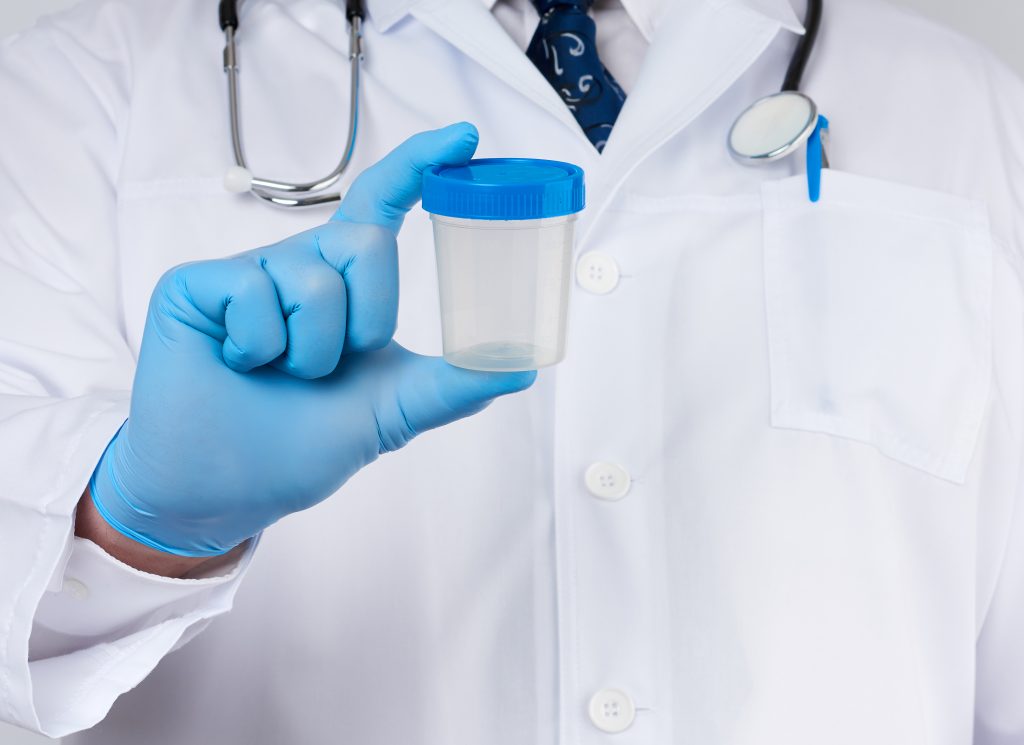IVF With ICSI Treatment
IVF With ICSI Treatment
If there is a “sperm factor” causing infertility, you need Intracytoplasmic sperm injection (ICSI). In ICSI we inject each egg directly with a single sperm. ICSI is used in conjunction with IVF and most of the procedure is exactly the same as discussed on our IVF page. ICSI is of special relevance when the sperm has to be aspirated from a blocked vas (tube that carries sperm from testes to penis) or directly from the testes. Frozen eggs also need ICSI to fertilise them.

Experience. Care. Innovation.
We put people before profits and individualize all treatments. We want you to feel comfortable and confident in your treatment, so we encourage you to ask questions. You can talk to us whenever you need to, by phone or via WhatsApp, without worrying about being charged every time.
YEARS OF PRACTICE
0
+
QUALIFIED DOCTORS
0
%
VARIETY SERVICES
0
+
When Do We Need ICSI?
ICSI can be used to overcome a wide range of male fertility problems, even in cases where there are only a few suitable sperm produced. It can be used in cases of: Low sperm count – when the sperm count Is so low that normal IVF may not ensure fertilisation of the egg
Low sperm mobility – removing the need for the sperm to reach the egg
Damaged sperm – choosing the very best, healthiest sperm for fertilisation
Obstructed sperm passage – due to physical issues, disease or even prior vasectomy
Ejaculation issues – including retrograde ejaculation and severe erectile dysfunction

